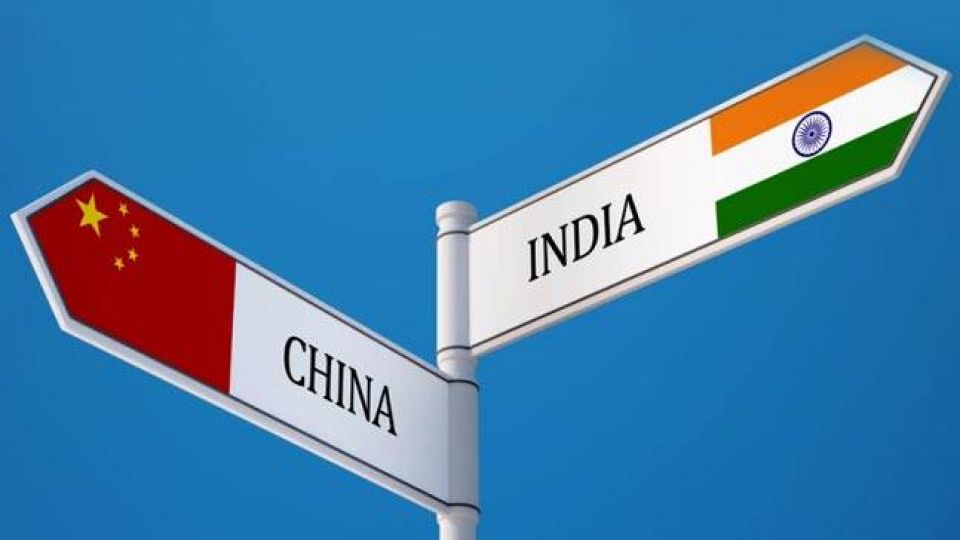China, India and the Doubling of the Global Labor Force: who pays the price of globalization? by By Richard Freeman, The Globalist, June 3
Abstract
[In this concise article, Harvard Economist Richard Freeman shows us that a spectre is haunting the industrialized societies, and above all the workers of these countries. Though little recognized in Japan and elsewhere, there has been an effective doubling of the global labour force (that is workers producing for international markets) over the past decade and a half, through the entry of Chinese, Indian, Russian and other workers into the global economy. The effective supply of capital, on the other hand, has virtually remained unchanged. With such a massive increase in the supply of labour, its relative share of the returns from production inevitably decline. One important dimension of this decline is the ability of increasingly footloose capital to find cheaper labour to employ. Morgan Stanley’s Chief Economist Stephen Roach has long referred to a “global labour arbitrage” wherein high-wage jobs in the developed world are eliminated in favor of low-wage jobs in the developing world. He has argued that this is not limited to manufacturing, but also extends to such service industries as banking. But capital does not have to move to keep pressure on wages and salaries. Even work that is not at present outsourced may experience this pressure if the cost of labour becomes excessive relative to global benchmarks (including premiums for developed world levels of political stability and infrastructure).
Small wonder, then, that the labour share of compensation in Japan, the US and the EU countries is almost flat (indeed, incomes are declining for much of the workforce), while corporate profits are robust. What is more than a little strange is the general lack of recognition of this labour supply shock and its sobering implications. The public debate on globalization is largely dominated by pressure to open markets in order to attract more capital or at least keep what one has, while progressive taxes, regulations, unions and the other means of collective provision and action are either ignored or dismissed as “socialistic” impediments to growth. But Freeman rightly argues that capital can take care of itself and that it is time for domestic and international politics and policy to shore up the woefully eroded position of workers, a proposition that applies no less in the periphery than in the core. Japan Focus]

